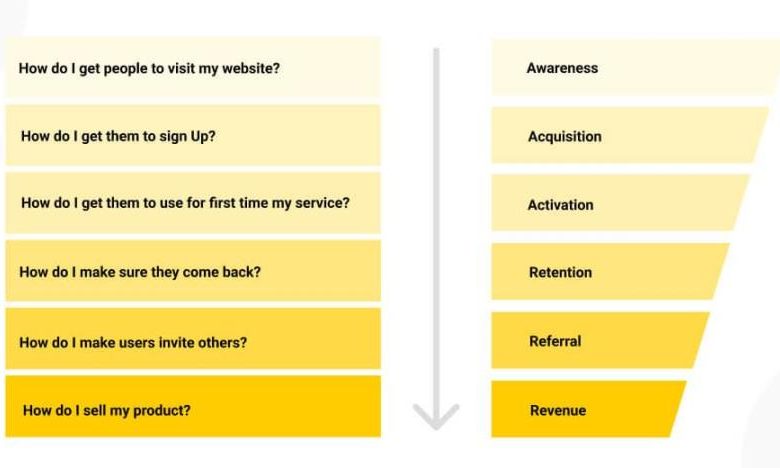The Role of Data-Driven Marketing in Optimizing Your Advertising ROI

The Role of Data-Driven Marketing in Optimizing Your Advertising ROI
Why Data-Driven Marketing is Essential for Advertising Success
In today’s digital landscape, data-driven marketing has become a crucial component in optimizing your advertising return on investment (ROI). By utilizing data and analytics, businesses can make informed decisions, target the right audience, and maximize their advertising spend. Here’s why data-driven marketing should be at the core of your advertising strategy:
1. Understanding Your Audience
One of the main advantages of data-driven marketing is the ability to understand your audience better. By collecting and analyzing data, you can gain insights into your customers’ preferences, behavior patterns, and demographics. This information allows you to tailor your advertising messages and campaigns to resonate with your target audience, increasing the likelihood of converting them into customers.
2. Precise Targeting
Gone are the days of casting a wide net and hoping for the best. Data-driven marketing enables precise targeting by leveraging customer information, such as browsing history and purchase behavior. With this data, you can create highly targeted campaigns that reach the right people at the right time, boosting your chances of generating quality leads and conversions.
3. Optimization and Personalization
Data-driven marketing empowers you to optimize your advertising efforts by continuously analyzing and refining your campaigns based on performance metrics. By monitoring key indicators like click-through rates, conversion rates, and cost per acquisition, you can identify what works and what doesn’t. This data-driven approach allows you to optimize your marketing messages, creative assets, and media placements, resulting in higher engagement and ROI.
Frequently Asked Questions (FAQs)
Q1: How can data-driven marketing improve my advertising ROI?
A1: Data-driven marketing provides valuable insights into your audience’s preferences and behavior, allowing you to create tailored campaigns that resonate with them. By optimizing your messaging and targeting strategies, you can increase engagement and conversion rates, ultimately boosting your advertising ROI.
Q2: Is data-driven marketing only suitable for large businesses?
A2: No, data-driven marketing can benefit businesses of all sizes. While larger companies may have more data to analyze, smaller businesses can still leverage available data to make informed decisions. There are various affordable tools and platforms that cater to businesses with different budgets and resources.
Q3: How can I get started with data-driven marketing?
A3: To get started with data-driven marketing, you need to collect and analyze relevant data. Start by implementing web analytics on your website to gather insights into visitor behavior. You can also leverage customer relationship management (CRM) software to track customer interactions and preferences. Additionally, consider investing in marketing automation tools to streamline your data analysis and campaign optimization processes.
Q4: Are there any risks associated with data-driven marketing?
A4: While data-driven marketing offers numerous benefits, it is important to address potential risks. Data privacy and security should be a top priority. Ensure that you comply with industry regulations and best practices to protect your customers’ data. Additionally, be mindful of how you use data to avoid potential biases or discriminatory practices.
In conclusion, incorporating data-driven marketing into your advertising strategy is essential for optimizing your ROI. By understanding your audience, precisely targeting your campaigns, and continuously optimizing based on data insights, you can increase engagement, conversions, and ultimately achieve better results from your advertising efforts. Get started today and unlock the power of data-driven marketing for your business.



